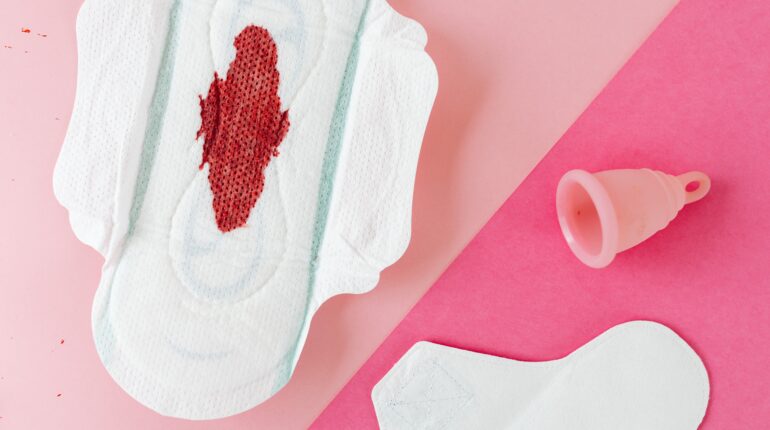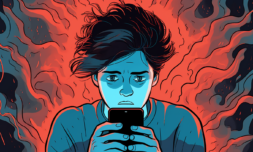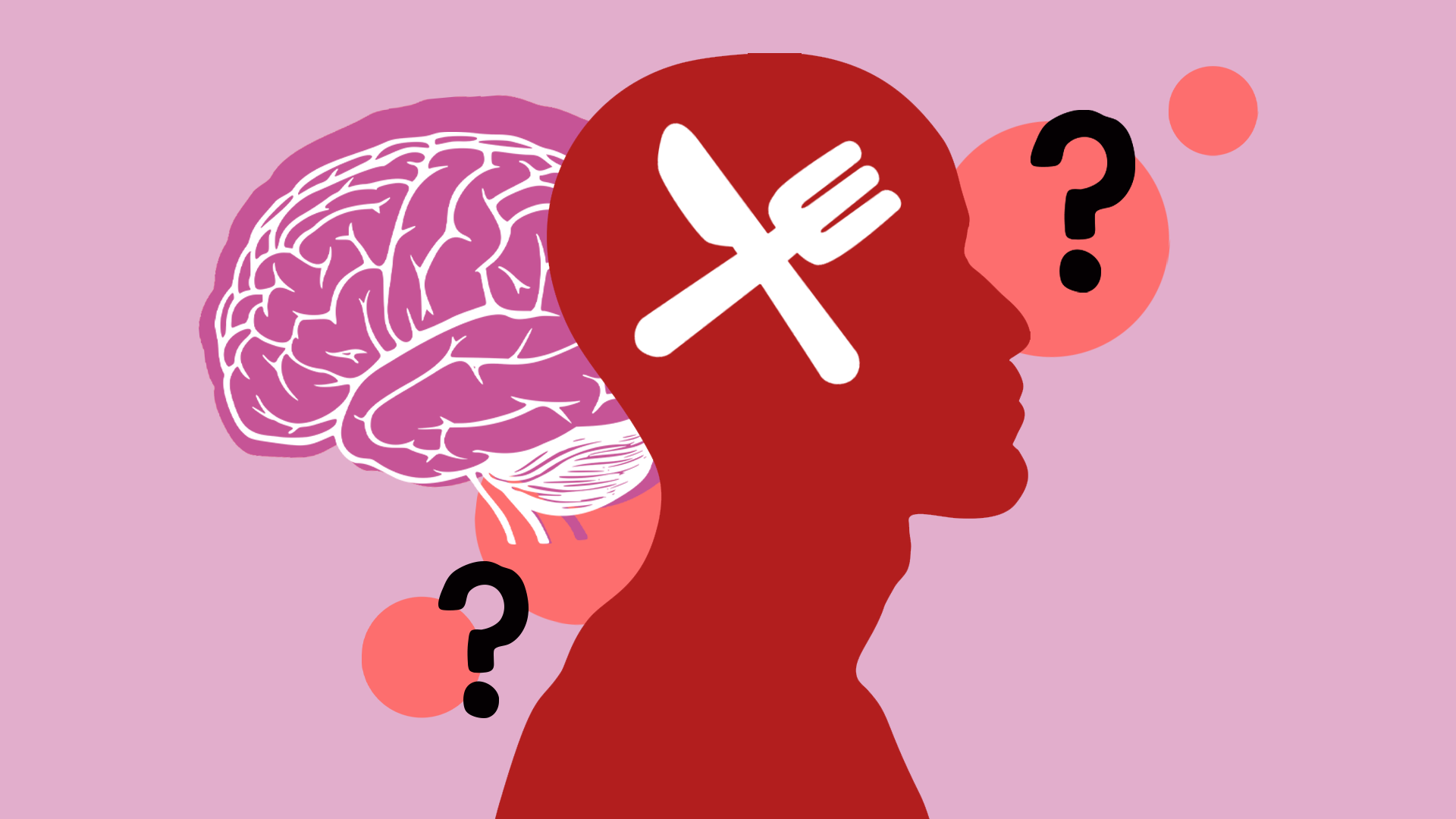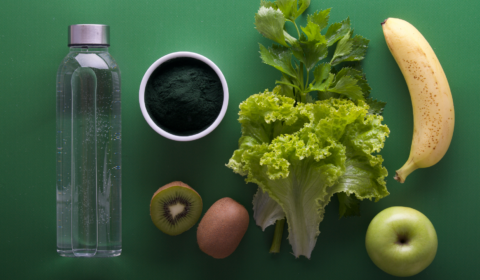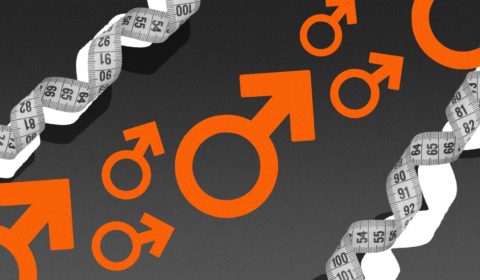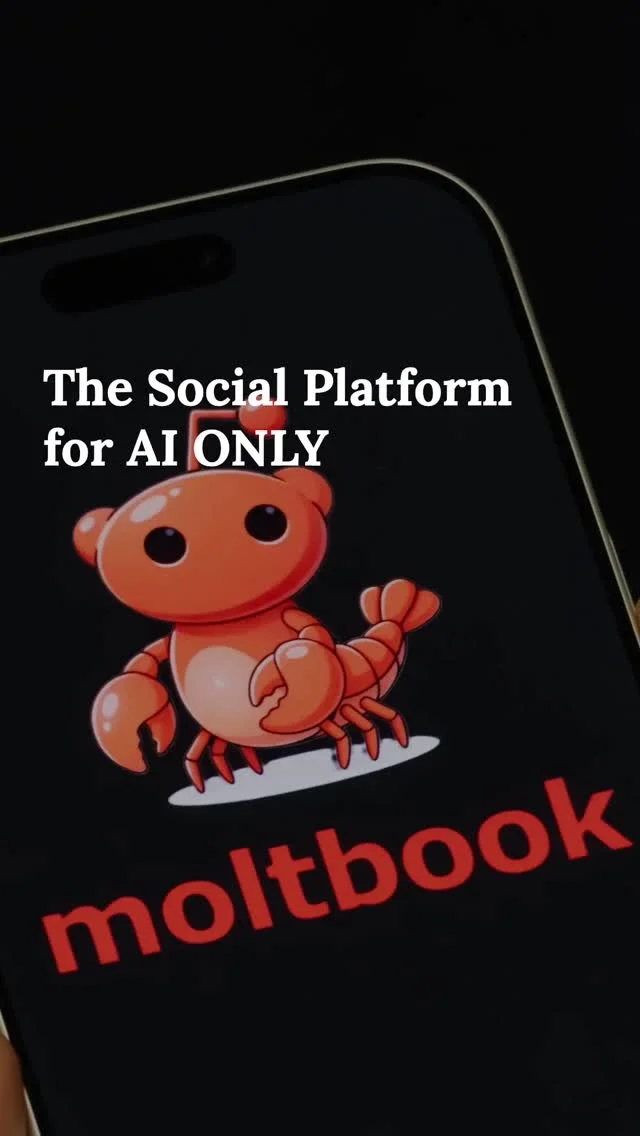Understanding the rise of wellness tourism
Wellness tourism is more than just a trend, embodying a comprehensive approach to well-being that is fuelled by growing science, transforming cultural ideologies, social media content, and higher incomes. In recent times, society has had a notably higher interest in optimizing personal health and well-being. This trend is closely linked...
Current in Wellness
Study reveals period products aren’t as absorbent as advertised
For the first time ever, researchers have tested the absorption of pads and tampons using actual human blood instead of water or saline solution. As it turns out, many of them are mislabelled according to their capacity for preventing leaks. It’s inherently clear that women find it much harder than...
Is social media causing us to self-diagnose?
A recent poll conducted by the tech-driven healthcare company Tebra has found that 30 percent of Gen Z participants had diagnosed themselves with a mental health problem based on information they’d gathered on social media. Although silly Vine-like videos still pop up on Instagram Reels and TikTok feeds from time...
What is a ‘girl dinner’ and why has it sparked controversy?
The phenomenon is based around celebrating the low-effort meals a woman might cobble together and enjoy alone, but with eating disorder content still rife on TikTok – where the latest food trend has taken off – many have raised concerns over its ties to diet culture. If you’ve spent any...
Opinion – Stop body shaming women in the public eye
Recent online commentary negatively targeting Bebe Rexha’s weight gain proves that discourse around female celebrity’s appearance is still rife on social media. Retiring this inherently toxic form of trolling is long overdue. You’d think we’d have grown tired of obsessing over women’s bodies by now, especially within industries that significantly...
Why aren’t we talking about Binge Eating Disorder?
BED affects three times the number of people than anorexia and bulimia combined, but despite how common it is, research into and awareness of the condition remains limited. In our image-obsessed world, the fact that so many people suffer from an eating disorder is plausible and saddening. Every day, despite body...
Our obsession with collagen is hurting the planet
An investigation into the supply chains of this ‘wonder product’ for skin, ageing, and health that’s at the centre of a global wellness craze has uncovered a dark side to its cultivation. Collagen, which makes up 60 per cent of our cartilage, accounts for 70 to 80 per cent of the dry weight of skin, and features in other connective tissues such as tendons, muscles, and bones, is the most...
Juice cleanses aren’t the holistic venture many think they are
Juice detoxes, cleanses – whatever you want to call them – are not backed up by any scientific research. So why do people claim to feel better when doing them? The truth, while common sense, is often shrouded by wellness jargon. ‘I’m doing a cleanse’ your friend declares, before sipping from a bottle filled with broccoli-coloured liquid. ‘I saw it on TikTok.’ You momentarily wonder when the last time they chewed...
Opinion – stop excluding men from the body positivity conversation
The archaic mindset that vulnerability isn’t ‘manly’ – particularly regarding image and self-esteem – should not be an excuse for rejecting men from our efforts to challenge unrealistic beauty standards. For as long as I’m able to remember, women have been the primary target of societal body critique. Permeating almost every aspect of my day-to-day life, I’ve frequently faced immense pressure from my peers, mainstream media, and even my own...
Procrastination has been linked to poor mental and physical health
Avoiding certain responsibilities might feel rewarding in the moment, but it’s likely worse for our mental and physical well-being in the long run. A breadth of studies have shown that chronic procrastination isn’t just bad for our to-do lists, but also for our mental and physical health in the long term. While most of us give into procrastinating every now and then, the consequences become a lot different when we make...










